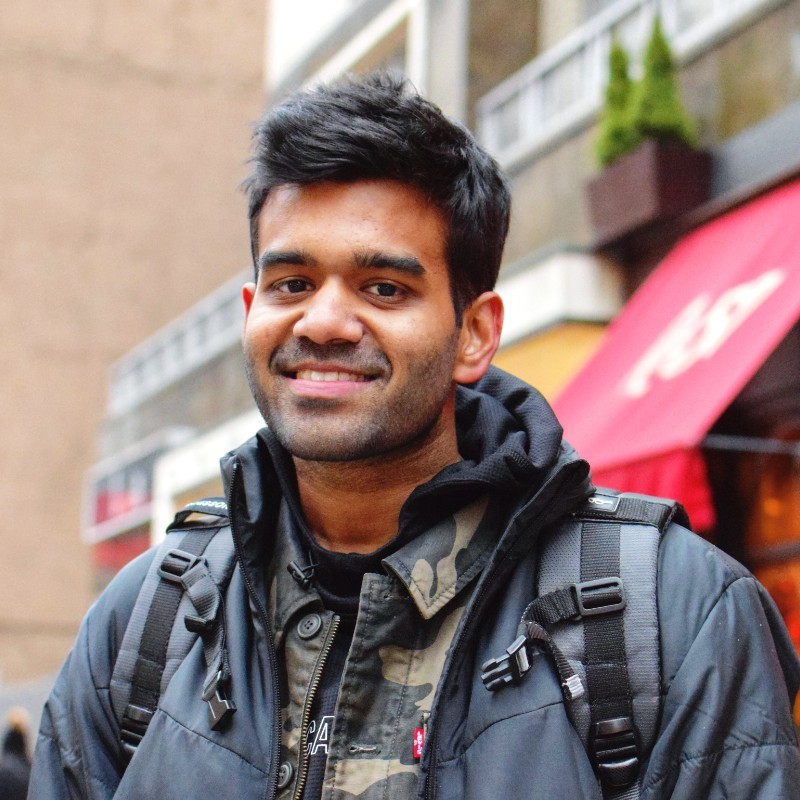4.82
Designed and taught by FAANG+ engineers, this course will give you a foolproof preparation strategy to crack the toughest interviews at FAANG and Tier-1 companies.
Covering data structures, algorithms, interview-relevant topics, and career coaching
Technical coaching, homework assistance, solutions discussion, and individual sessions
Live interview practice in real-life simulated environments with FAANG and top-tier interviewers
Constructive, structured, and actionable insights for improved interview performance
Resume building, LinkedIn profile optimization, personal branding, and live behavioral workshops
If you do well in our course but still don't land a domain-relevant job within the post-program support period, we'll refund 50% of the tuition you paid for the course.*


Placed at:

Placed at:

Placed at:

Placed at:

Placed at:
To excel in the on-site interview, you must have:
Bachelor’s Degree in Computer Science, Engineering, or related field
Deep understanding and proficiency in building mobile apps from scratch using at least one mobile language (Swift, Java, Objective-C, etc.). Experience with multiple platforms is preferred
Proven working experience in software development
Working experience in iOS Development
Have published one or more iOS apps in the app store
Deep familiarity with Objective-C and Cocoa Touch
Experience working with iOS frameworks such as Core Data, Core Animation, Core Graphics, and Core Text
Experience with third-party libraries and APIs
Working knowledge of the general mobile landscape, architectures, trends, and emerging technologies
Solid understanding of the full mobile development life cycle
What is the average iOS Developer’s salary in the United States?
How long is Interview Kickstart’s iOS Development Course?
Does the iOS Development Course include mock interviews?
How many years of experience should you have in order to be eligible to enroll in the iOS Development Course?
Who are the instructors for the iOS Development Course?

The 11 Neural “Power Patterns” For Solving Any FAANG Interview Problem 12.5X Faster Than 99.8% OF Applicants
The 2 “Magic Questions” That Reveal Whether You’re Good Enough To Receive A Lucrative Big Tech Offer
The “Instant Income Multiplier” That 2-3X’s Your Current Tech Salary

The 11 Neural “Power Patterns” For Solving Any FAANG Interview Problem 12.5X Faster Than 99.8% OF Applicants
The 2 “Magic Questions” That Reveal Whether You’re Good Enough To Receive A Lucrative Big Tech Offer
The “Instant Income Multiplier” That 2-3X’s Your Current Tech Salary
Just drop your name and email so we can send your Power Patterns PDF straight to your inbox. No Spam!
By sharing your contact details, you agree to our privacy policy.
Time Zone: Asia/Dhaka

We’ve sent the Power Patterns PDF to your inbox — it should arrive in the next 30 seconds.
📩 Can’t find it? Check your promotions or spam folder — and mark us as safe so you don’t miss future insights.
We’re hosting a private session where FAANG insiders walk through how they actually use these Power Patterns to crack interviews — and what sets top performers apart.
🎯 If you liked the PDF, you’ll love what we’re sharing next.
Time Zone: